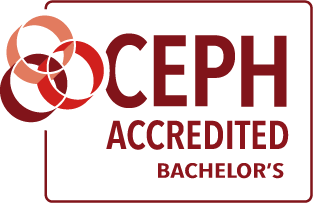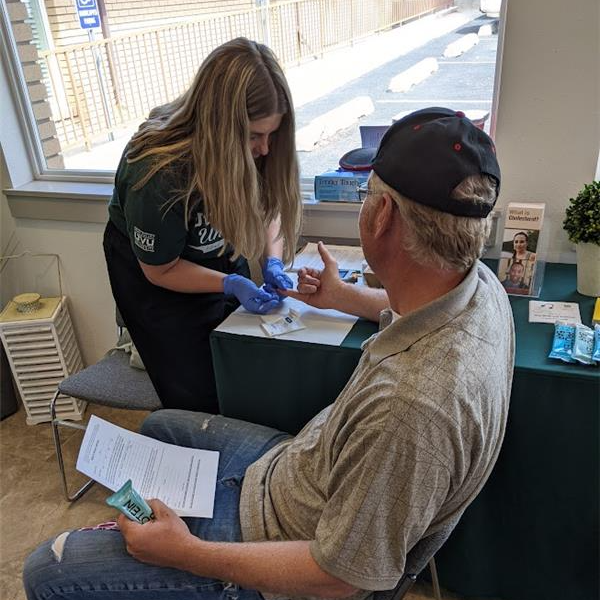Public Health professionals work in a variety of settings where they help individuals or communities maintain a healthy lifestyle by choosing healthy behaviors. Public Health professionals may work for non-profits such as the American Diabetes Association, at a state or local health department, or with worksite wellness programs.
Public Health professionals may have a variety of responsibilities, which helps keep the job interesting. A Public Health professional may serve as a resource in the community to communicate and advocate for health and the profession. They may also collect and analyze data, and plan, implement, and evaluate health promotion programs.
Individuals who earn a bachelor's degree are eligible to sit for the national Certified Health Education Specialist (CHES) exam. Successful completion of the exam ensures that Public Health professionals stay up-to-date in the field of health through continuing education requirements.
DEGREE REQUIREMENTS COURSE DESCRIPTIONS

Will Public Health meet the educational requirements for the professional credential in the state or US territory you might choose to live during or after completing your UVU degree? Visit the UVU Professional Licensure website to learn more!

The Bachelor of Science in Public Health program is accredited by the Council on Education for Public Health. This accreditation signifies excellence among public health programs and is a testament to the quality of public health professionals graduating from the program. A copy of the final accreditation report is available to anyone by emailing Dr. James Bemel at [email protected].

Students in the Department of Public Health may receive an Associate in Science in Public Health. The AS degree is a steppingstone to a Bachelor of Science in Public Health. A minor in Public Health is available as well as an endorsement for School Health Education.
DEGREE REQUIREMENTS COURSE DESCRIPTIONS
There are a variety of credentials that students and alumni can seek to build their resume. The most common certifications for Public Health majors are the Certified Health Education Specialist (CHES®) and the Certified in Public Health (CPH)